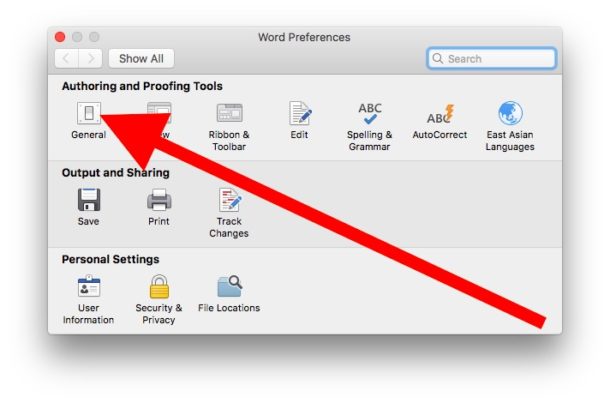


Click Browse, navigate to the Excel file, and double-click it.In the Insert Object dialog box, choose the Create from File option. Choose Insert (tab)> Object> From File.
#Ppt for mac link excel how to
To learn more how to edit chart data, refer to our Edit Chart Data in PowerPoint 2011 for Mac tutorial. This opens the Excel sheet again, where further changes to the data can be made.
#Ppt for mac link excel series
Remember, column or row content inserted this way ends up as a new series value in your chart. To insert a new row in the Excel sheet, right-click the header of the next row and choose the Insert option.To insert a new column in the Excel sheet, right-click the header of the next column and choose the Insert option.Move to the cell below by pressing the Enter(Return) key. You can move to the cell towards the right in the Excel sheet by pressing the Tab key.Select a cell in the Excel sheet, and enter the new value.Now, replace the dummy data in the Excel sheet with your own data following these guidelines:.
#Ppt for mac link excel windows
But you can always rearrange the windows as for your convenience. Instead, you may see only Excel sheet hiding the PowerPoint window entirely. Note: When you insert a chart, you may not see both PowerPoint and Excel windows placed side by side. In Figure 6 you can see the chart and the Excel sheet placed side by side.įigure 6: Chart and Excel sheet with default values

At the same time, this launches Microsoft Excel in a new window showing the dummy data upon which the inserted chart is based. This will place a chart on the slide that is based on dummy data. Click on any of the Chart variant thumbnails.You will see such tool tip for all other types of charts, which can be helpful in deciding the type of chart for your slide. In Figure 5 you can see the gallery for Column chart type, and you can also see a tool tip describing Column charts. Clicking any of these buttons will open a gallery displaying a collection of chart variants of that particular chart type. As you can see in Figure 4 above, the Insert Chart group includes several buttons that represent various chart types.Since you don't have any chart on your slide yet, all other options in this tab will be grayed out except the options within the Insert Chart group. All of the three ways explained above will make the options within the Charts tab of the Ribbon active as shown in Figure 4.Click the Charts tab of the Ribbon that you can see highlighted in red within Figure 4.įigure 4: Insert Chart group within Charts tab of the Ribbon.If you want to insert a chart in a slide that has no content placeholder, just select the Insert | Chart menu option as shown in Figure 3.Click the Insert Chart button (highlighted in blue within Figure 2) among the six buttons in the content placeholder.There are three ways of inserting a chart on your slide:.

A content placeholder allows you to add bulleted text or any of the six other content types, indicated by the six buttons as shown highlighted in red within Figure 2.We explain what a content placeholder is in the next paragraph.įigure 1: Slide layout with a content placeholder selected These are highlighted in red within Figure 1. Select any of the layouts that include a Content placeholder. Click the Layout button in the Home tab of the Ribbon to bring up the Layout gallery as shown in Figure 1.Click Cancel in this gallery to open a blank presentation with a new slide. Alternatively, launch PowerPoint 2011 for Mac to see the Presentation Gallery. Open your presentation and insert a new slide where you want to place your Chart.To learn more, follow these steps in PowerPoint 2011 for Mac: Alternatively you can directly insert a new chart within PowerPoint. If the data required for your chart is already within Excel, then you can create your chart in Excel itself, and then copy-paste it into a PowerPoint slide.


 0 kommentar(er)
0 kommentar(er)
